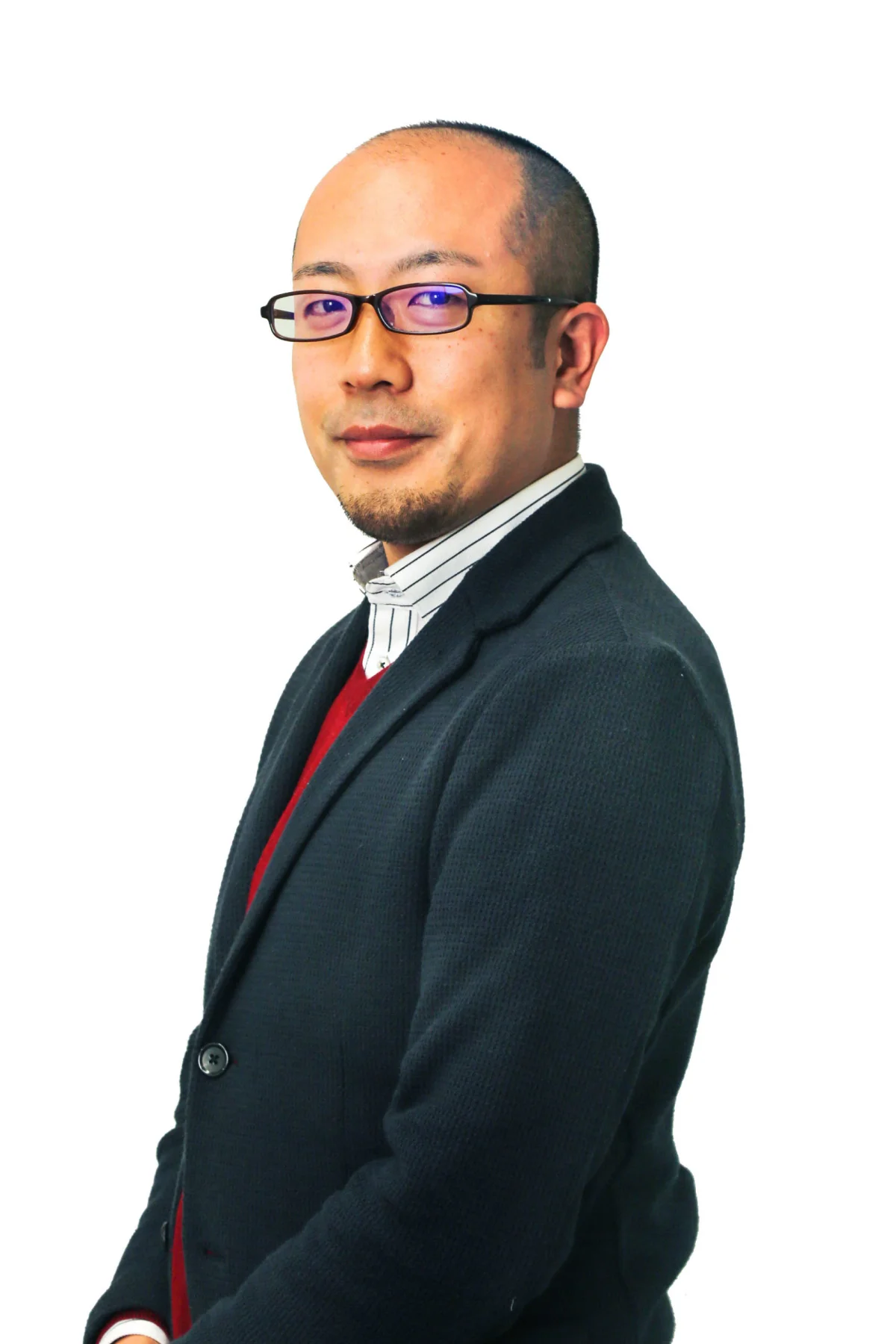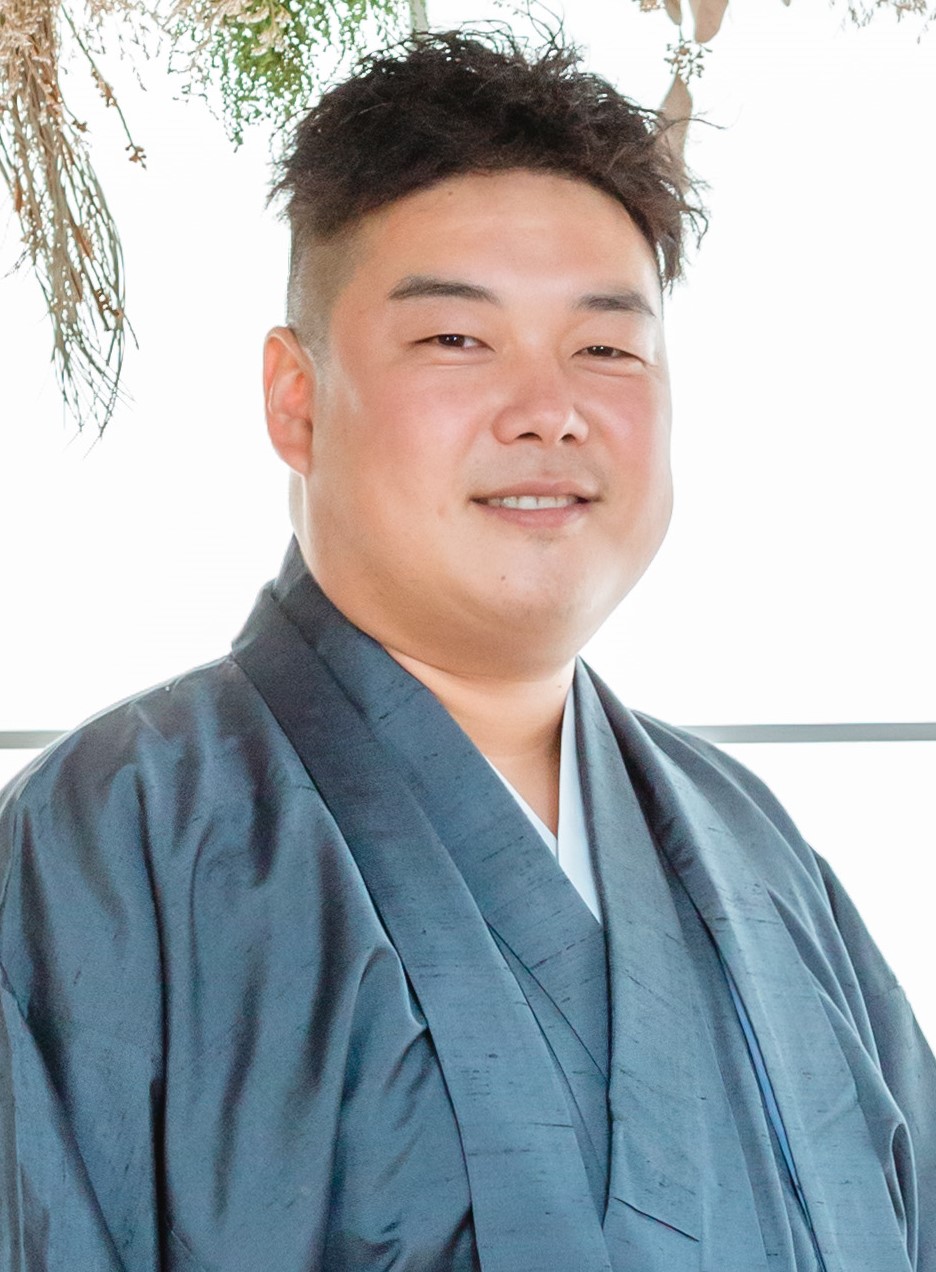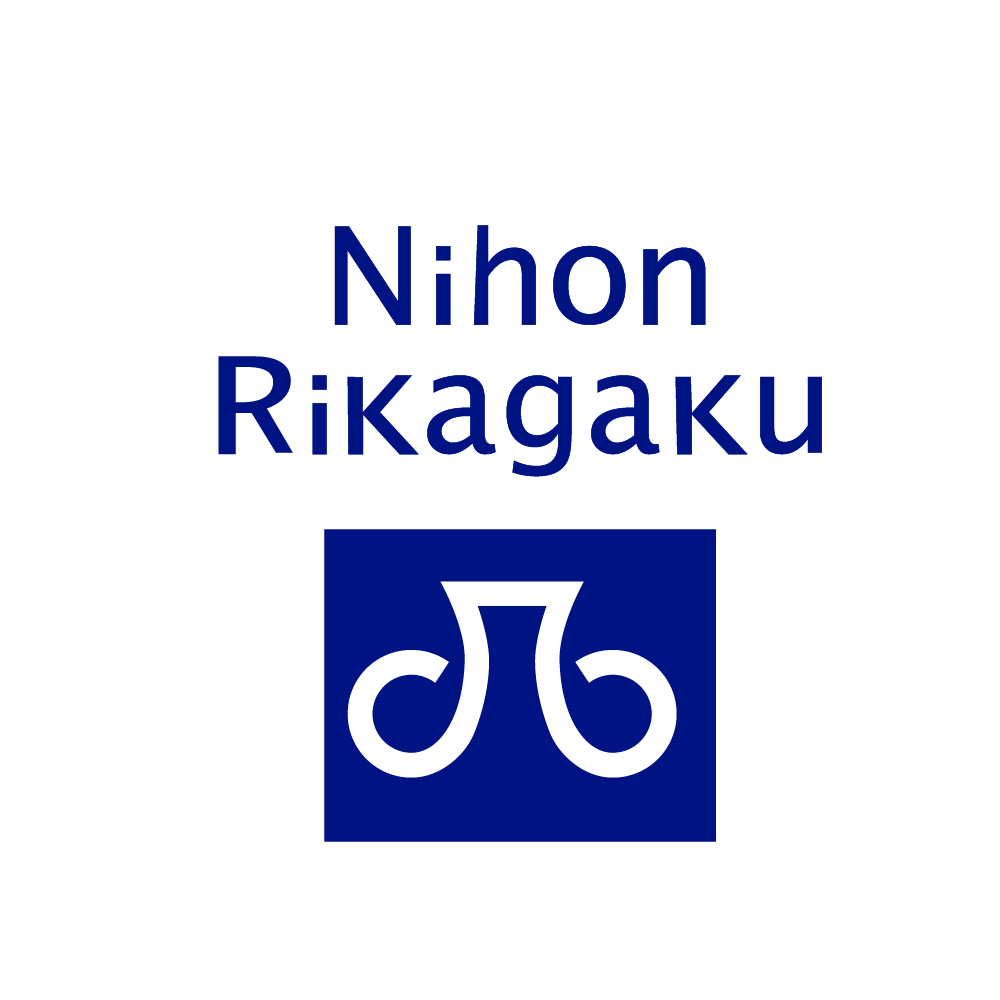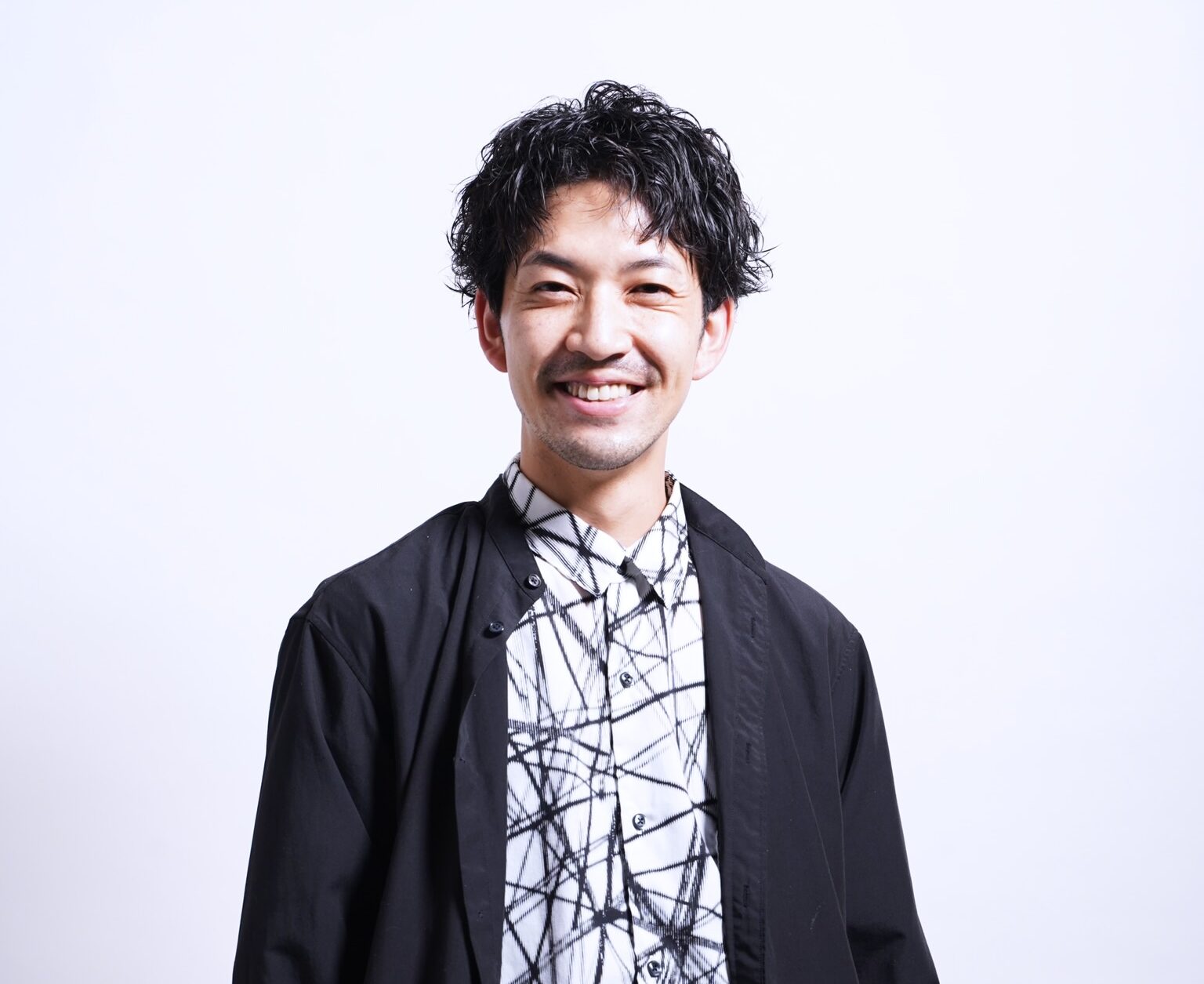Empowering Conversations: Ms. Imagawa’s Journey Supporting Parents of Children with Disabilities
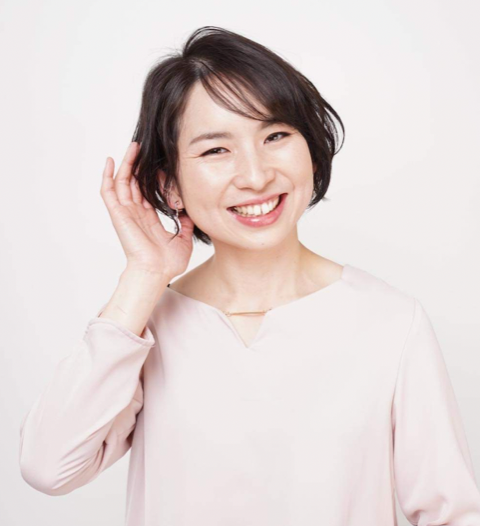
Introducing Ms. Imakawa, a dedicated supporter of children with disabilities in “Team ☆Challenged”, following Mr. Ryota Kaneko of Kaneko Building Maintenance who joined as a supporter. Ms. Imagawa is an expert in teaching “Conversation Improvement Methods for Autistic Children,” offering online guidance for parents facing the challenges of raising children with autism.
As both a mother of an autistic child and a professional specialist in supporting parents of children with disabilities, Ms. Imagawa shared her journey of struggles, coping mechanisms, and the motivation behind becoming a supporter.
=====
Conversation Improvement Methods for Autistic Children
Developmental science communication trainer and autism parenting specialist, Horun Imagawa, offers an online course called the “Conversation Improvement Method.” This method supports brain development through “at-home therapy,” made possible because parents talk with their children every day. It aims to improve the communication and conversation skills of children with autism while also addressing the concerns and uncertainties of parents. Ms. Imagawa, who has been moved by the changes in her own child, is dedicated to spreading the “Chat Improvement Method” more widely.
=====
──Could you explain briefly about the “Conversation Improvement Methods” offered online?
The online program teaches parents effective approaches and verbal communication techniques to aid the growth of autistic children’s brains.
As a trainer in developmental science communication, I wanted to extend the remarkable effects I witnessed by altering my own responses, thus launching the service in 2020.
──What changes did you observe in your child?
Previously, I worked as a clinical psychologist at a therapy facility. Due to the circumstances of the COVID-19 pandemic, our time at home increased significantly, which naturally led to more time spent interacting and talking with my eldest daughter, who has autism. Consequently, her speech improved noticeably.
While she was already attending therapy sessions with positive results, I started to believe that altering my approach at home could further enhance her progress. I learned about “Developmental Science Communication” and began implementing it at home.
Previously, she could only say “good morning,” but now she started describing daily events. She also began engaging in conversations with her friends gradually.
──You decided to start your own business to spread the benefits of your methods more widely, correct?
Yes, that’s correct. I was inspired by the remarkable changes I saw in my daughter over a short period of time, and it made me realize the importance of parental involvement.
By combining the support children receive at therapy centers, preschools, and kindergartens with enhanced communication at home, I believe we could further support the development of their brains.
──Can you explain specifically what you teach in your program?
The first thing we focus on is breaking the negative cycle. For example, when a child makes a mistake, parents often give advice or scold them. Even with good intentions, this can be ineffective and make the child feel bad. When parents feel their message isn’t getting through, they become more frustrated, which only worsens the situation. But it’s important to understand that neither the child nor the parent is at fault.
Japanese parents tend to handle situations by scolding them to prevent their children from causing trouble for others. However, this approach doesn’t work well for children with developmental disorders, as it doesn’t cater to their individual needs.
Reflecting on my own experience, I realized I was communicating in ways that didn’t promote brain development. By adopting methods aimed at fostering brain growth, parents can reduce their own frustration and see positive changes in their child’s behavior.
──It’s crucial for parents not to feel frustrated, isn’t it?
Absolutely. When my daughter was diagnosed with autism at three, I realized that I often saw her only through the lens of her disability.
Even though I worked in social services and believed that having a disability was manageable, choosing a kindergarten was challenging. We were often told, “It’s not possible,” and only when we mentioned her diagnosis would they say, “Special needs care is available.” The more we tried to engage with society, the more obstacles we encountered.
This led me to constantly worry if she was causing trouble for others and frequently apologize for her speech difficulties.
When parents carry these feelings, it inevitably affects their children. After discovering developmental science communication, I found clarity and confidence. This approach reduced my frustration and anxiety, which positively impacted my daughter’s development.
──Have your daughter’s feelings changed with her improved communication skills?
Yes, the frustration of not being able to express herself has significantly decreased, and her tantrums have also reduced.
It’s as if her ability to speak helps her navigate life better. Even if she struggles with reading, writing, or math, having supportive friends around her makes a big difference. Seeing this change has greatly altered my own perspective.
Previously, I was afraid to dream about her future and what possibilities it might hold. Now, she’s able to express her desires, saying things like “I want to do this” or “I want to try that,” which means she has more choices. My role now is to support and encourage her in whatever she wants to pursue.
──What inspired you to become a supporter of “Team☆Challenged”?
I was informed by a fellow mother in the prefecture about the organization’s activities. As someone who always aimed to amplify the voices of mothers of children with disabilities, I was eager to lend my support when I discovered such initiatives were in action.
Witnessing the discussions and support provided by “Team☆Challenged” through their panel discussions was uplifting. Having a designated platform available when needed is reassuring.
While an individual’s voice may go unnoticed, collectively, they possess significant influence. Such communities are essential for empowerment and reassurance.
──As a mother of an autistic child and an expert in autism parenting, what message would you like to convey to other parents?
Rather than attempting to change the child, altering our responses may lead to incremental progress.
Previously, I used to notice only what my child couldn’t do and found myself constantly worrying. However, as I discovered her abilities, I underwent a personal transformation, resulting in changes in her demeanor as well.
Though challenges still arise, I’ve learned to navigate through them with confidence, avoiding feelings of being lost. Selecting the right information is crucial; otherwise, one can be overwhelmed by various opinions.
By making parenting easier and freeing up emotional space, parents can engage in activities they enjoy. I hope to assist in this transition through the “Conversation Improvement Methods.”
=== A word from Miki Uchiki, CEO of Hanahiraku ===
Reflecting on my interview with Ms. Imagawa, I was reminded of the weight behind the phrase “not bothering others,” particularly for parents.
While this mindset is essential, parents of children with disabilities often find themselves constantly apologizing for minor inconveniences, which can be emotionally taxing. However, by changing their perspective, parenting children with disabilities could become brighter and more enjoyable.
Ms. Imagawa is someone who understands and supports parents’ emotions while providing appropriate assistance. I am sincerely grateful for her becoming a supporter, and her efforts are truly commendable!
Interview and text by Kaori Kidoue


